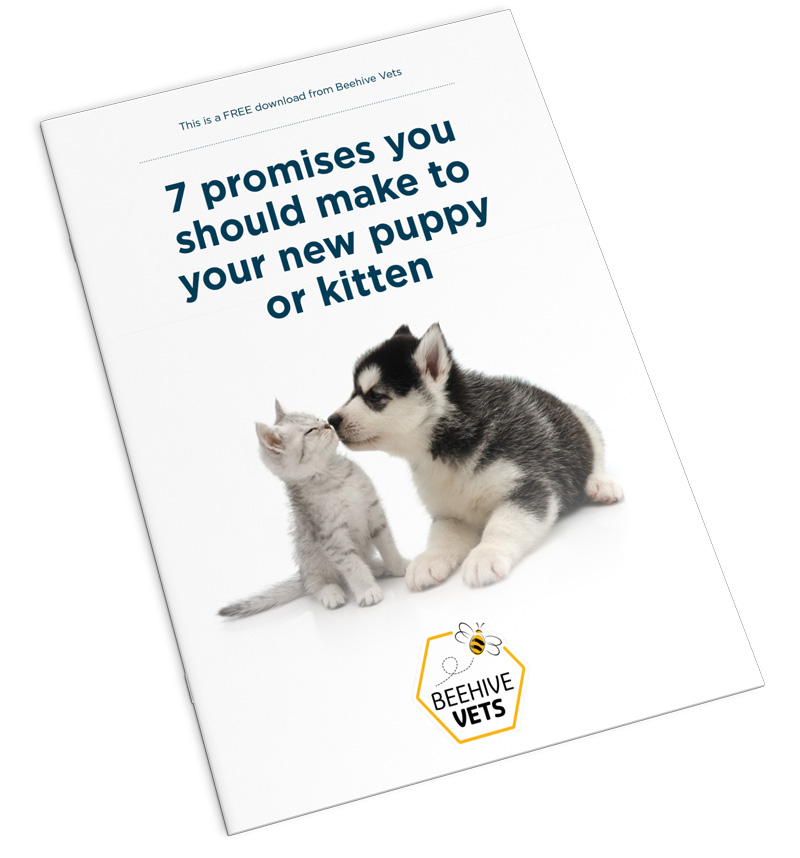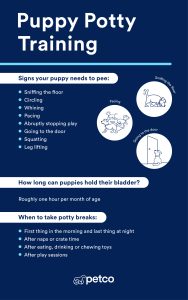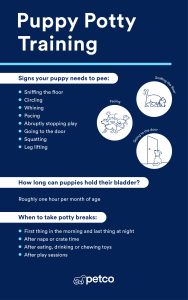Bringing a new puppy into your home is exciting, but it can also feel overwhelming. You want to give your furry friend the best start, but where do you begin?
From choosing the right food to setting up a safe space, there are many things to consider. This guide is made just for you, with simple and practical tips tailored for puppy owners in the UK. Keep reading to discover how you can make your puppy’s first weeks smooth, happy, and full of love.
Your new best friend deserves nothing less.
Choosing The Right Puppy
Getting a new puppy is exciting and fun. It is important to pick the right puppy for your home and lifestyle.
Think about the size, energy, and care a puppy needs before making a choice. This helps you and your puppy live happily together.
Popular Uk Breeds
Many dog breeds are popular in the UK. Each breed has its own size and personality.
- Labrador Retriever – friendly and active
- French Bulldog – small and calm
- Cocker Spaniel – gentle and playful
- Staffordshire Bull Terrier – strong and loyal
- Border Collie – intelligent and energetic
Choose a breed that fits your home space and daily activities.
Puppy Temperament
Temperament means how a puppy behaves and feels. Some puppies are calm, some are curious and active.
Look for a puppy that matches your family’s energy and patience level. This makes training and caring easier.
- Calm puppies suit quiet homes
- Active puppies need lots of playtime
- Shy puppies need gentle handling
Finding A Responsible Breeder
A responsible breeder cares for the puppies and their parents. They keep the dogs healthy and happy.
Ask the breeder about health checks, vaccinations, and socialisation. Visit their place to see how they treat the dogs.
- Check for clean and safe living areas
- Meet the puppy’s parents if possible
- Ask for health records and advice

Credit: www.lilyskitchen.co.uk
Preparing Your Home
Bringing a new puppy into your home is exciting and fun. It is important to get your house ready before the puppy arrives.
Setting up a safe and comfortable space helps your puppy feel calm and happy. It also keeps your home safe for your new friend.
Safe Puppy Zones
Create areas where your puppy can stay safely without getting into trouble. These zones keep your puppy secure and comfortable.
Use baby gates or playpens to section off parts of your home. Choose quiet spots away from loud noises and busy areas.
- Set up a sleeping area with a bed or crate
- Keep water and toys within reach
- Use soft blankets for comfort
- Make sure the space is easy to clean
Essential Supplies
Gather all the supplies your puppy will need to stay healthy and happy. Having these ready will make the first days easier.
Stock up on food, bowls, and grooming items. Buy toys that are safe and fun for chewing and playing.
- Puppy food recommended by your vet
- Food and water bowls
- Chew toys and comfort toys
- Collar, leash, and ID tag
- Crate or puppy bed
- Brush and nail clippers
Puppy-proofing Tips
Make your home safe by removing things that can harm your puppy. Puppies explore with their mouths and can chew on dangerous items.
Hide wires, chemicals, and small objects. Block off areas like stairs and kitchens that might be risky for your puppy.
- Secure electrical cords and cables
- Keep cleaning products out of reach
- Remove small objects that can be swallowed
- Close toilet lids and cabinets
- Use baby gates to block stairs
- Check plants for toxicity to dogs
First Days At Home
Bringing a new puppy home is an exciting time. The first days shape their comfort and trust.
Use gentle care and patience to help your puppy adjust well to their new environment.
Settling In
Give your puppy a quiet space with their bed and toys. Keep the area calm to reduce stress.
- Place food and water bowls nearby
- Keep a consistent daily routine
- Allow your puppy to explore slowly
- Limit loud noises and sudden movements
- Spend quiet time sitting near your puppy
Introducing Family Members
Introduce your puppy to family members one at a time. Keep greetings calm and gentle.
| Family Member | Introduction Tip |
| Adults | Speak softly and offer treats |
| Children | Supervise interactions and teach gentle touch |
| Other Pets | Use leashes and slow meetings |
Managing Puppy Anxiety
Some puppies feel anxious in new places. Watch for signs like whining or hiding.
- Use a soft blanket with familiar scents
- Play calming music or white noise
- Hold or gently pet your puppy
- Offer chew toys to distract
- Keep visits short and positive
Feeding Your Puppy
Feeding your new puppy the right way helps them grow strong and healthy. Good food and proper timing matter a lot.
Learn how to pick quality food, set a feeding schedule, and avoid foods that can harm your puppy.
Choosing Quality Food
Choose food made for puppies with all needed nutrients. Look for labels that show balanced vitamins and minerals.
- Pick brands with real meat as the first ingredient
- Avoid foods with artificial colors or fillers
- Consider grain-free options if your puppy has allergies
- Ask your vet for food recommendations
Feeding Schedule
Set regular meal times to help your puppy develop good habits. Puppies need more meals than adult dogs.
- Feed small portions 3 to 4 times a day for puppies under six months
- After six months, feed twice a day
- Always provide fresh water with meals
- Do not leave food out all day to avoid overeating
Avoiding Harmful Foods
Some common foods can be dangerous for puppies. Keep these away from your puppy’s reach.
| Food | Why It’s Harmful |
| Chocolate | Can cause poisoning and heart problems |
| Grapes and Raisins | May cause kidney failure |
| Onions and Garlic | Can damage red blood cells |
| Alcohol | Very toxic and can cause serious illness |
Health And Vet Care
Bringing a new puppy home means taking care of their health. Early vet visits keep puppies strong and happy.
Proper health care helps your puppy grow well. It also protects them from common diseases and problems.
Vaccination Schedule
Puppies need vaccines to fight diseases. Vaccines start at six to eight weeks old.
Follow your vet’s schedule to keep vaccinations up to date. This protects your puppy and others.
- 6-8 weeks: First vaccines (distemper, parvovirus)
- 10-12 weeks: Booster shots
- 14-16 weeks: Final puppy vaccines
- Annual boosters after one year
Parasite Prevention
Parasites like fleas, ticks, and worms cause health issues. Prevent parasites with regular treatments.
Ask your vet about safe parasite preventives. Check your puppy’s fur and stool often for signs.
- Use flea and tick preventives monthly
- Give worm medicine as directed
- Keep your puppy’s environment clean
- Watch for scratching, hair loss, or weight loss
Common Puppy Ailments
Some health problems happen often in puppies. Early care helps your puppy feel better quickly.
Look for symptoms like vomiting, diarrhea, coughing, or lack of appetite. Contact your vet if needed.
- Parvovirus: Causes severe diarrhea and vomiting
- Worms: Lead to poor growth and dull coat
- Respiratory infections: Cause coughing and sneezing
- Skin infections: Result in itching and redness
Training Basics
Training your new puppy helps build good habits early. It also creates a strong bond between you and your pet.
Start with simple steps to teach your puppy how to behave at home and around others.
House Training
House training is about teaching your puppy where to go to the toilet. Consistency is key to success.
- Set a regular schedule for bathroom breaks.
- Take your puppy outside after meals and naps.
- Praise your puppy when it goes outside.
- Clean accidents inside quickly and thoroughly.
- Use a specific word or phrase to signal bathroom time.
Basic Commands
Teaching basic commands helps keep your puppy safe and well-behaved. Use short words and repeat often.
| Command | Purpose | Tip |
| Sit | Calm your puppy | Use a treat above its nose |
| Come | Call your puppy back | Start in a quiet area |
| Stay | Keep your puppy still | Use hand signals |
| Leave it | Stop unwanted chewing | Reward for ignoring objects |
Socialisation Tips
Socialisation helps your puppy meet new people and other dogs. It reduces fear and aggression.
Try these socialisation tips:
- Introduce your puppy to friendly dogs and people.
- Visit different places like parks or pet stores.
- Let your puppy hear everyday sounds like traffic or vacuum cleaners.
- Keep experiences positive with treats and praise.
- Watch your puppy’s body language to avoid stress.
Exercise And Play
New puppies need regular exercise and play to stay healthy and happy. It helps them burn energy and learn good behaviour.
Playing with your puppy builds a strong bond. It also keeps their mind active and sharp.
Daily Activity Needs
Puppies have different exercise needs based on their age and breed. Too much or too little activity can cause problems.
- Give short play sessions several times a day.
- Include gentle walks as your puppy grows.
- Use toys to encourage movement and fun.
- Rest is important after active play.
- Watch for signs of tiredness or stress.
Safe Toys
Choose toys that are safe and fit your puppy’s size. Avoid small parts that can be swallowed.
| Toy Type | Material | Safety Tip |
| Chew Toys | Rubber or Nylon | Check for wear and replace often |
| Soft Toys | Fabric | Supervise to prevent tearing |
| Fetch Toys | Plastic or Rubber | Avoid hard plastics that can break |
Outdoor Adventures In The Uk
The UK offers many safe places for puppies to explore. Choose quiet parks and fields with good paths.
- Visit local dog-friendly parks early in the morning.
- Keep your puppy on a lead near roads.
- Bring fresh water and a bowl for your puppy.
- Check the weather to avoid cold or wet conditions.
- Clean up after your puppy to keep areas clean.
Grooming Essentials
Taking care of your new puppy includes regular grooming. Grooming keeps your puppy clean and healthy. It also helps you bond with your pet.
This guide covers the basics of bathing, brushing, nail care, and dental hygiene for puppies in the UK.
Bathing And Brushing
Bathing your puppy keeps their coat clean and free of dirt. Use warm water and a shampoo made for puppies. Brush your puppy’s coat before and after baths to remove loose hair and prevent mats.
- Brush your puppy’s coat gently every day
- Use a soft brush suited to your puppy’s fur type
- Check for ticks and fleas during brushing
- Use puppy-friendly shampoo during baths
- Rinse thoroughly to avoid skin irritation
Nail Care
Keeping your puppy’s nails short prevents discomfort and injury. Trim nails carefully using pet nail clippers. Avoid cutting too close to the quick, which can cause bleeding.
| Tool | Use |
| Pet nail clippers | Cut nails safely |
| Styptic powder | Stop bleeding if cut too deep |
| File | Smooth rough edges after clipping |
Dental Hygiene
Good dental care helps prevent bad breath and gum disease. Brush your puppy’s teeth with a pet-safe toothbrush and toothpaste. Start slowly to make your puppy comfortable.
Try this daily routine for puppy dental care:
- Use a soft pet toothbrush
- Apply a small amount of pet toothpaste
- Brush gently in small circles
- Reward your puppy after brushing
- Visit the vet for regular dental checks
Common Puppy Challenges
Bringing a new puppy home can be exciting and tough. Puppies face many challenges as they grow.
Understanding these common problems helps you guide your puppy well. Patience and care make training easier.
Chewing And Biting
Puppies chew and bite to explore and relieve teething pain. This can cause damage to your things.
- Provide safe chew toys to redirect biting.
- Say “No” firmly when your puppy bites you.
- Reward good behavior with treats or praise.
- Keep shoes and cables out of reach.
Separation Anxiety
Puppies can feel scared when left alone. This may cause whining, barking, or destruction.
| Sign | What to Do |
| Whining or howling | Give a special toy to keep them busy |
| Chewing furniture | Use puppy-proof gates to limit space |
| Following you everywhere | Practice short alone times daily |
Barking Solutions
Barking helps puppies communicate but can annoy others. Training helps control barking.
Try these tips to reduce barking:
- Ignore barking that seeks attention.
- Reward quiet behavior with treats.
- Use commands like “Quiet” to stop barking.
- Exercise your puppy to reduce energy.
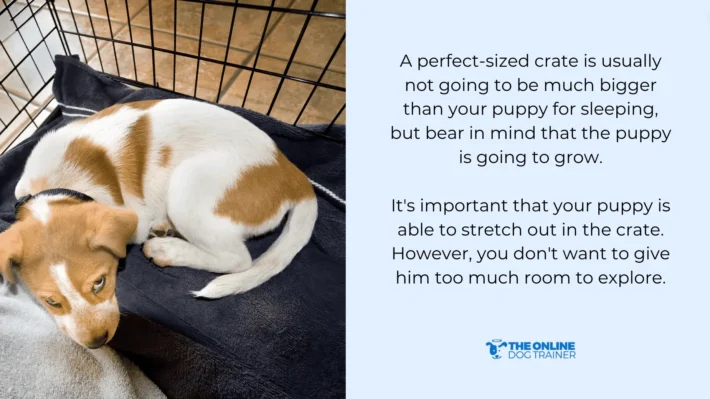
Credit: theonlinedogtrainer.com
Legal And Safety Considerations
Bringing a new puppy into your home is exciting. It is important to follow laws and safety rules. These keep your puppy safe and avoid fines.
This guide covers microchipping laws, leash and licensing rules, and ways to keep your puppy safe outdoors.
Microchipping Laws
In the UK, all puppies must be microchipped by 8 weeks old. This helps identify your dog if lost. The microchip details must be kept up to date.
Microchipping is a legal requirement. Failing to microchip your puppy can lead to fines. The chip links your puppy to your contact information.
Leash And Licensing Rules
Different areas have specific rules about leashes and dog licenses. Always check local council regulations. Using a leash in public helps control your puppy.
- Keep your puppy on a leash in public parks and streets
- Apply for a dog license if required by your local council
- Follow signs about dog restrictions in certain areas
- Never let your puppy run freely near busy roads
Keeping Your Puppy Safe Outdoors
Outdoor safety protects your puppy from accidents and dangers. Watch for hazards like traffic, toxic plants, and other animals.
| Safety Tip | Reason |
| Use a secure collar with ID tags | Helps find your puppy if lost |
| Supervise playtime outside | Prevents injuries and fights |
| Avoid toxic plants and chemicals | Protects puppy’s health |
| Keep water available | Prevents dehydration |
| Check fences and gates | Stops escapes |
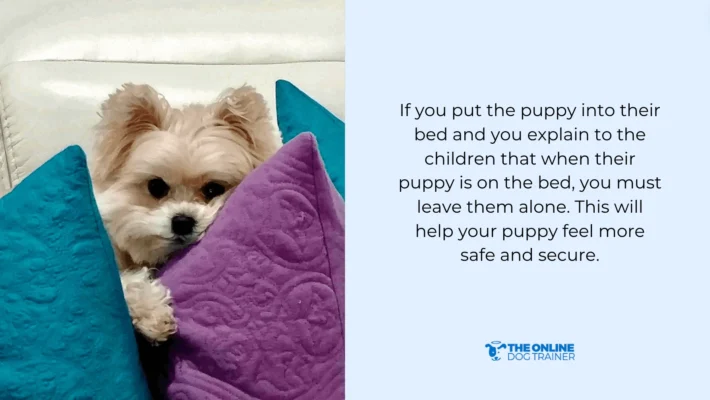
Credit: theonlinedogtrainer.com
Frequently Asked Questions
How Do I Prepare My Home For A New Puppy?
Prepare your home by puppy-proofing all areas. Remove hazardous items and secure electrical cords. Set up a cozy sleeping spot and have food, water, and toys ready.
What Is The Best Diet For A New Puppy In The Uk?
Feed a balanced, age-appropriate puppy food recommended by UK vets. Puppies need high-quality protein and nutrients for growth. Avoid human food and consult your vet for specific brands.
How Often Should I Take My Puppy To The Vet?
Take your puppy to the vet for vaccinations every 3-4 weeks until 16 weeks old. Regular check-ups ensure health, parasite control, and timely advice on care.
When Should I Start Training My New Puppy?
Begin training as soon as your puppy arrives home. Early socialization and basic commands help build good habits and reduce behavioral issues.
Conclusion
Welcoming a new puppy is exciting and rewarding. Patience is key. Puppies need love, care, and understanding. Training starts from day one. Establish routines for feeding, playing, and sleeping. Socialization helps them adapt to different environments. Keep vet visits regular for health checks.
Provide toys for mental stimulation. Always use positive reinforcement. A happy puppy grows into a well-behaved dog. Remember, each puppy is unique. Enjoy the journey with your furry friend. Embrace each moment, and cherish the bond you build. Your efforts will create a loving, lifelong companion.

Emily Barker is the founder of ChillDogLife.com, a space dedicated to helping pup parents discover the best dog products, lifestyle tips, and cozy ideas for happier homes.
A lifelong dog lover, Emily combines her passion for pets with a knack for research to share trusted recommendations on everything from toys and furniture to health and everyday care.
Her goal is simple: to make life easier, stylish, and more joyful for dogs and the people who love them.
